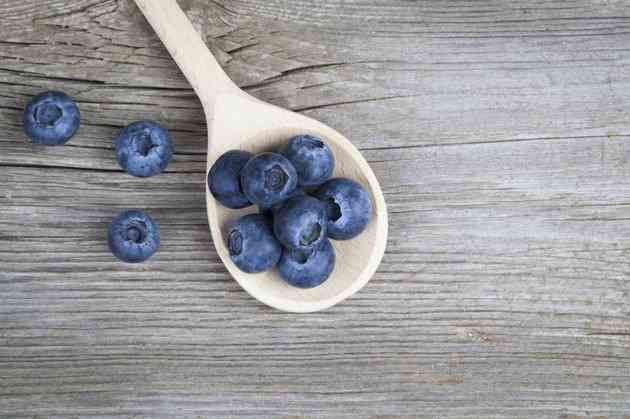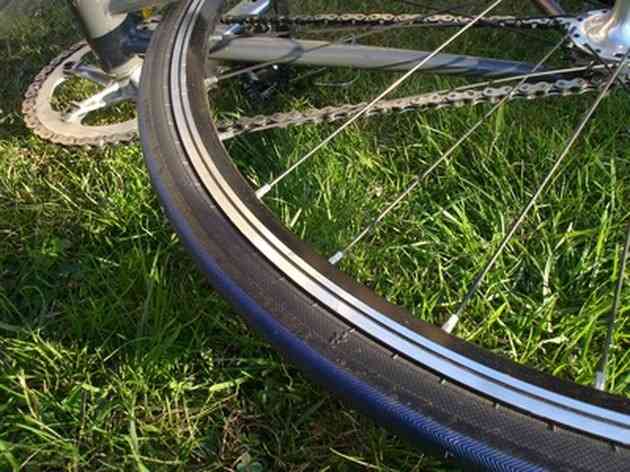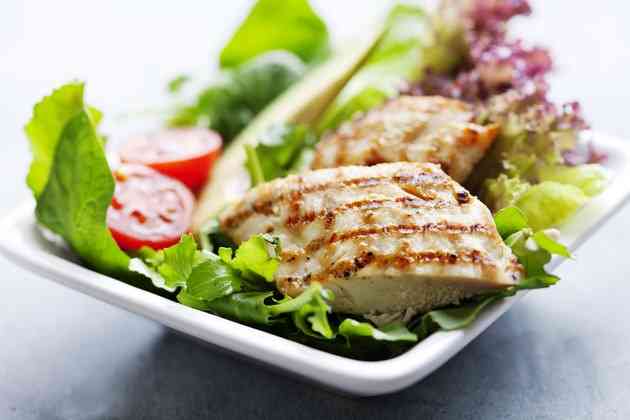The Best Food for a 7-Month-Old Infant

According to the American Academy of Pediatrics, parents can begin introducing solid food to babies when they are about 6 months old. However, every baby's development and nutritional needs are unique, so consult with your pediatrician if you feel your infant may require solid food earlier or later. Once you determine your 7-month-old infant's nutritional needs, your next step involves determining which foods to introduce first.
 Mother feeding baby (Image: Evgeny Sergeev/iStock/Getty Images)
Mother feeding baby (Image: Evgeny Sergeev/iStock/Getty Images)All in Good Time
The first week or so of feeding an infant solid foods will not result in a lot of eating. Expect plenty of practice sessions with food landing on baby's face and bib. Many parents and caregivers begin babies with a very liquid combination of iron-fortified infant rice cereal combined with formula or breast milk. Try 1 tablespoon of cereal with 4 or 5 tablespoons of liquid. Most 7-month-old babies understand the mechanics of eating cereal after a week of practice.
The Right Foods
HealthyChildren.org includes guidelines for introducing solid foods to babies over 6 months old. After rice cereal, try feeding your infant other single-grain cereals such as oatmeal. Next, introduce nutritious foods such as pureed vegetables and fruits.
Potential Allergic Reactions
Do not introduce several foods at once to a 7-month-old infant. You never know how babies this young may react to new foods. Instead, feed your infant a solid food for two or three days, watching for any reactions or allergies. Then, introduce another new solid. Consult with your child's pediatrician if your baby develops a rash, stomach upset or other symptoms.
Offer Variety
The Canadian Pediatric Society's guide to feeding your baby during the first year suggests that 7-month-old babies try a variety of protein sources. Pureed tofu, mashed beans and scrambled egg yolk have an appropriate consistency for a 7-month-old infant. You can also introduce pureed meat or fish. Do not feed your baby minced or sliced proteins until she reaches 9 months of age, to reduce risk of choking.
Expert Insight
In addition to potential choking hazards such as nuts or whole grapes, babies should not consume foods that could make them ill or compromise their nutrition. Babies do not need fruit juice, particularly apple juice, which can cause diarrhea and tooth decay. Sweets and soda can have similar effects. In addition, 7-month-old infants should not eat honey, which can cause infant botulism in children under 1 year of age.




